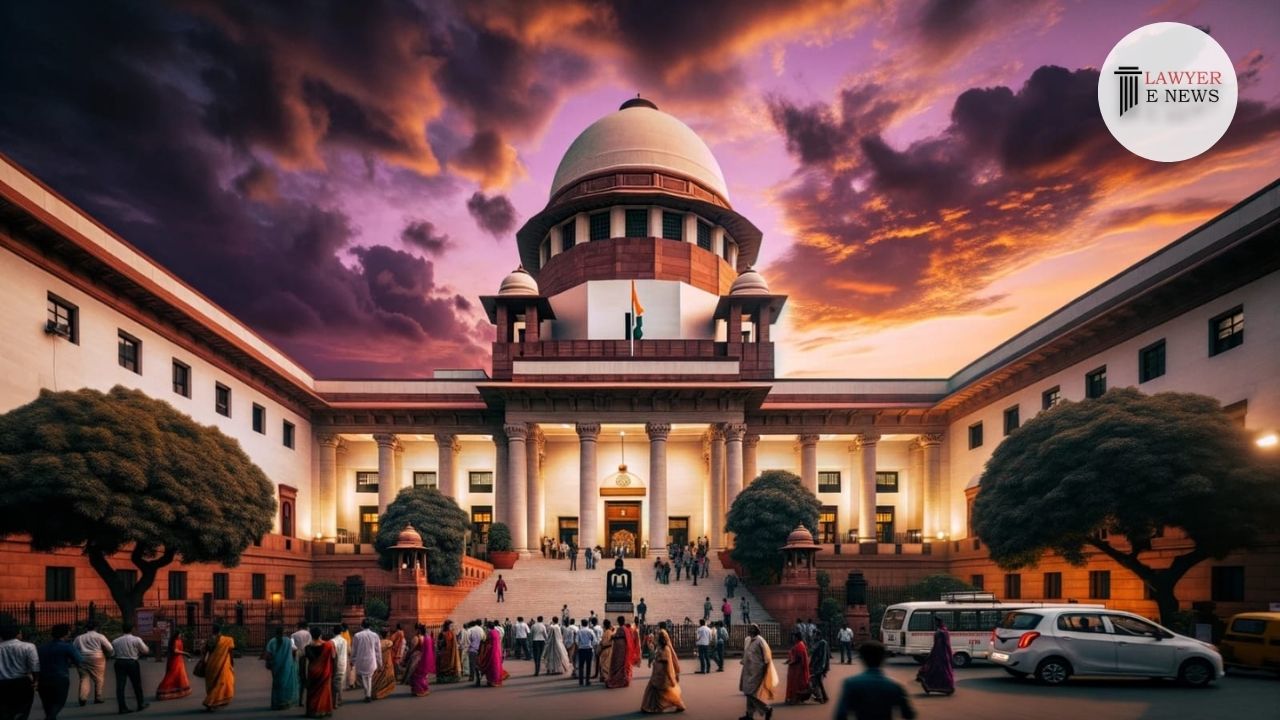-
by Admin
18 February 2026 3:03 AM



In a significant ruling, the Supreme Court of India has revisited the methodology for determining compensation for acquired land under the Land Acquisition Act, 1894. The Court clarified the approach to calculating deductions for development charges and highlighted the importance of uniform valuation. The judgment, rendered by a bench comprising of [Insert Names of Judges], aims to ensure fair and just compensation for landowners affected by acquisition.
"Uniform valuation based on the Central Land Use Certificate (CLU) certificate and the developed nature of the land is essential for equitable compensation determination."
The subject of the case revolved around the determination of compensation for land covered by Section 4(1) Notification issued under the Land Acquisition Act. The appellants contested the compensation awarded by the High Court of Punjab and Haryana, emphasizing the potential of the acquired land due to its proximity to industrial complexes and highways.
The Court, in its ruling, observed, "Proper deduction for development charges is pivotal for accurate valuation of the acquired land." It highlighted the significance of utilizing sale exemplars that closely mirror the size, location, and neighborhood of the acquired land. The judgment emphasized the need to calculate incremental value while factoring in the appropriate deduction for development charges.
One of the key takeaways from the ruling was the Court's rejection of the belting system in favor of a uniform valuation approach. The Court stated, "Uniform valuation, based on the Central Land Use Certificate (CLU) certificate and the developed nature of the land, is essential for equitable compensation determination."
The Supreme Court, while allowing the appeals in part, determined the market value for the acquired lands at Rs. 1,49,14,975 per acre. The ruling underscored the importance of clear and reasoned deduction percentages for development charges. The Court also directed all concerned authorities to strictly adhere to the principles laid down in the judgment, ensuring fair compensation for landowners within the specified timeframe.
Date of Decision: 23 August 2023
BESCO LIMITED vs STATE OF HARYANA & OTHERS
